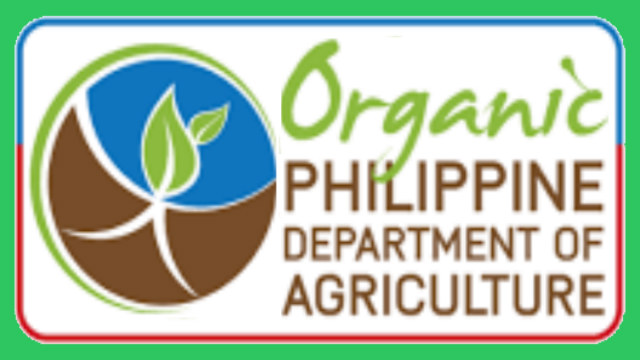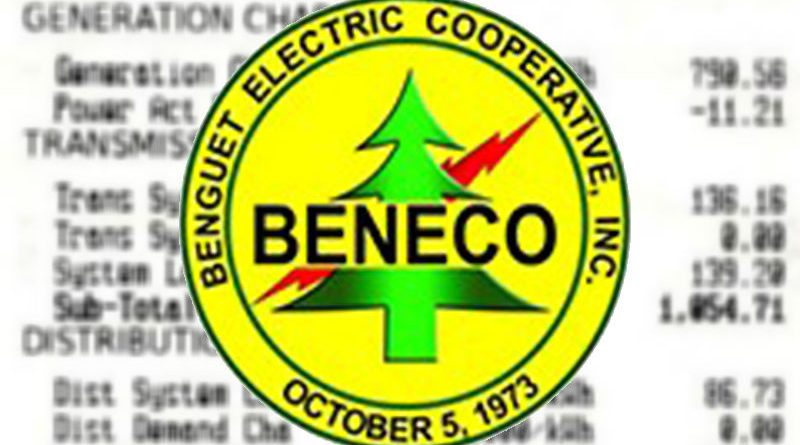BAGUIO CITY – The Department of Agriculture Cordillera office (DA-CAR) through its Regional Organic Agriculture Program (ROAP) with the Agribusiness and Marketing Assistance Division (AMAD) conducted the Regional Organic Agriculture Congress (ROAC) at the Gestdan Centrum, Bokawkan Roads.
The activity aims to highlight and present the updates of organic agriculture in the region, programs, and activities that strongly support the assurance of sustainable, available, accessible, and affordable supply of safe and quality food.
Regional Executive Director Narciso A. Edillo stressed that there is money in organic. “That’s why the DA through its marketing division is coordinating to teach our farmers to venture into entrepreneurship,” he said. He also commended the DA-CAR for bagging almost all the awards during the National Organic Agriculture Achievers Awards (NOAAA) that was conducted last October this year.
Lilibeth C. Paraoan, Regional Organic Agriculture Focal Person, gave updates on the status of Organic Agriculture in the region. She emphasized that in order to effectively implement the region’s programs and plans, coordination, and networking is needed among the national government agencies, local government units, existing networks of organic producers, and their support organizations including the small farmers, organic farmers’ organizations, agrarian reform beneficiaries, landless farm workers and indigenous people.
This was supported by Dr. Arlene Flores, Training Center Director of ATI-CAR. “We cannot do things alone in achieving our goals and objectives. We have to partner with each other,” she stated. She also shared updates of the Organic Agriculture Training Program as a partner agency in promoting organic agriculture in the region.
To improve the knowledge of the participants on organic agriculture, Bureau of Agriculture and Fisheries Standards (BAFS) representative Ronald John Llamano discussed the updates on the provision of assistance to third-party organic certification, and development of standards and technical regulations.
He reiterated that “organic” is a labelling claim, it means that if the product has certification, particularly third-party organic certification provided by the two officially accredited organic certifying bodies which is the Organic Certification of the Philippines (OCCP) and Negros Island Certification Services (NICERT), a product or the produce has complied with the Philippine National Standards on organic agriculture.
Llamano also advised the organic farmers to refrain from labelling their products as certified organic if not third-party certified, and rather label their products as eco-friendly, sustainably-grown, or naturally-grown.
Kerobee Farm owner Romeo A. Kimbungan and Anelyn Alonto of the La Trinidad Organic Practitioners Multi-Purpose Cooperative (LaTOP MPC) shared the opportunities and challenges they encountered in their quest on organic farming.
By Leny Mendoza














